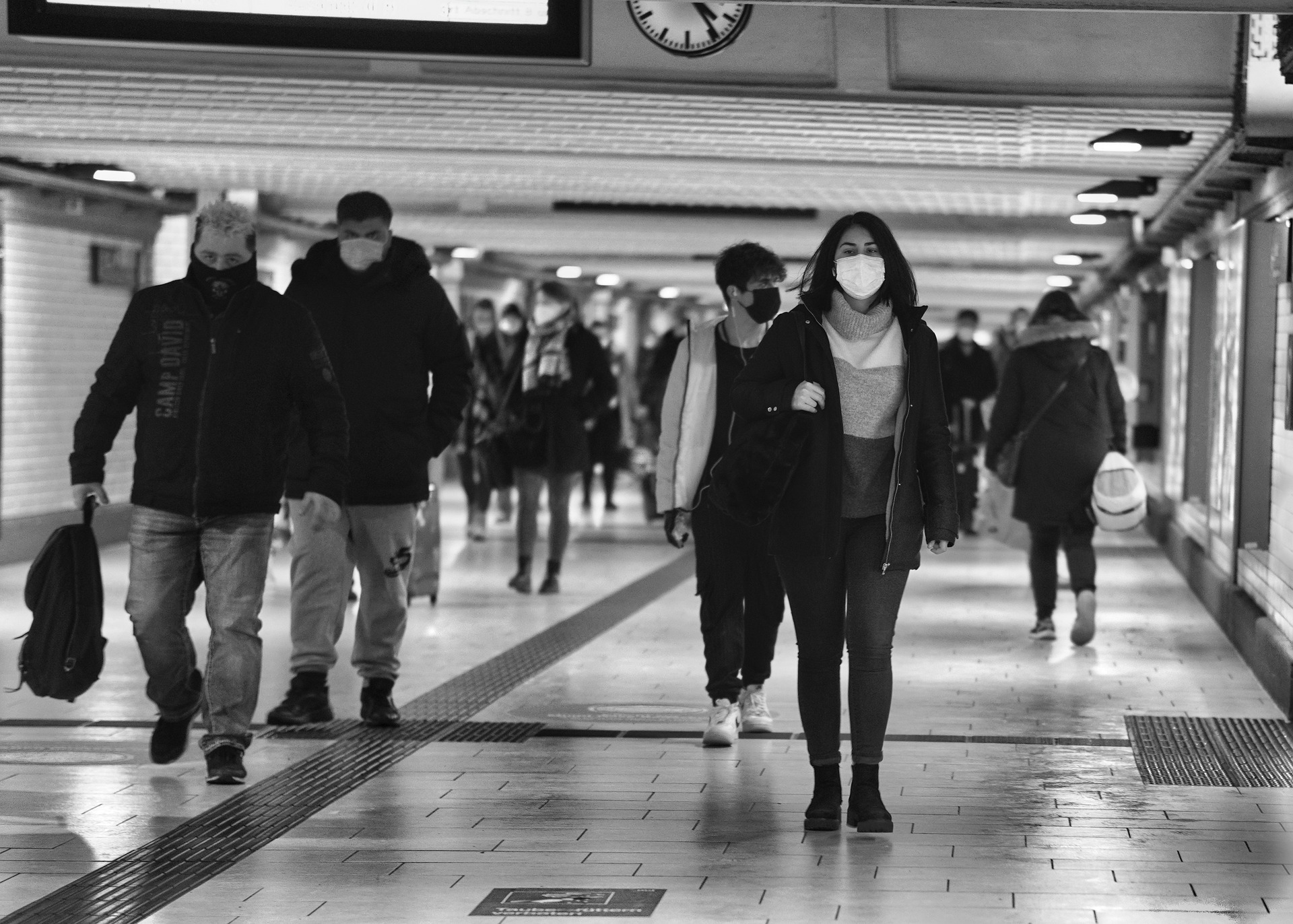News release
From:
Misinformation can prevent the suppression of epidemics
Journal of the Royal Society Interface
During a pandemic, the effectiveness of precautionary measures, such as social distancing, depends on how closely the public adheres to health guidelines. Dissemination of incorrect information within communities distrustful of expert opinion can cause reluctance and jeopardise epidemic control. In this article, we model the entwined dynamics of disease and behavioural reaction to its prevalence in a population of individuals who either trust or distrust responsible health agencies. We show that major outbreaks cannot be suppressed once the density of distrusting individuals exceeds a threshold. Our findings highlight the importance of effective interventions to build trust and inform the public.



 International
International


